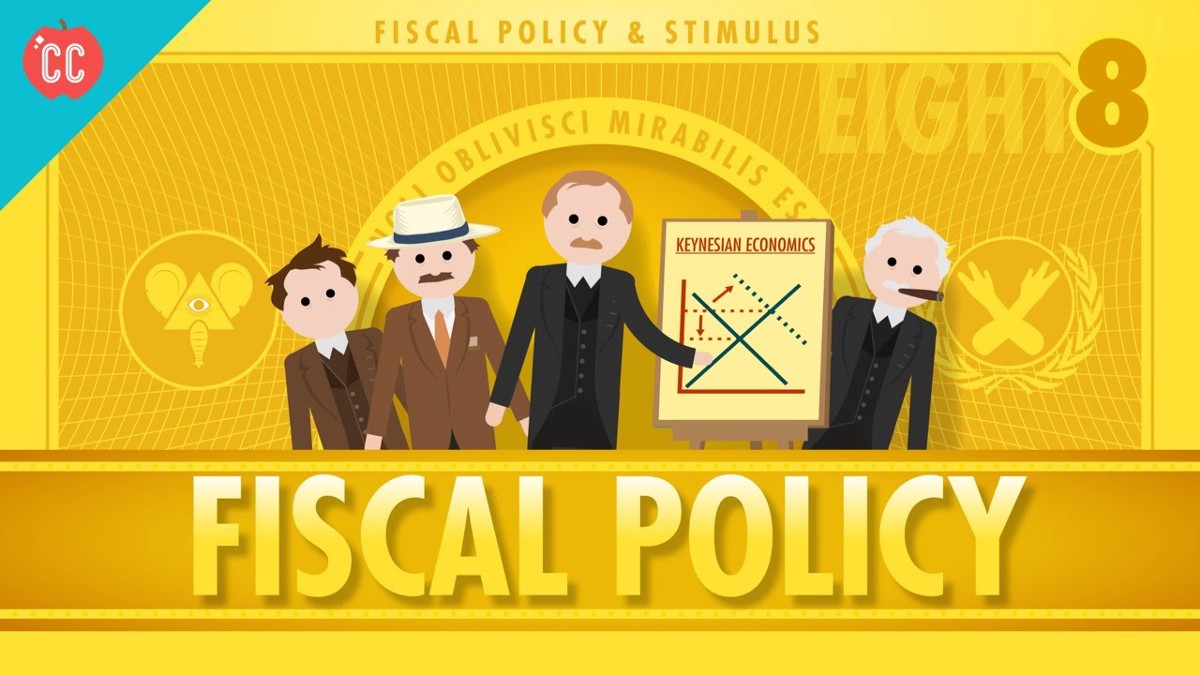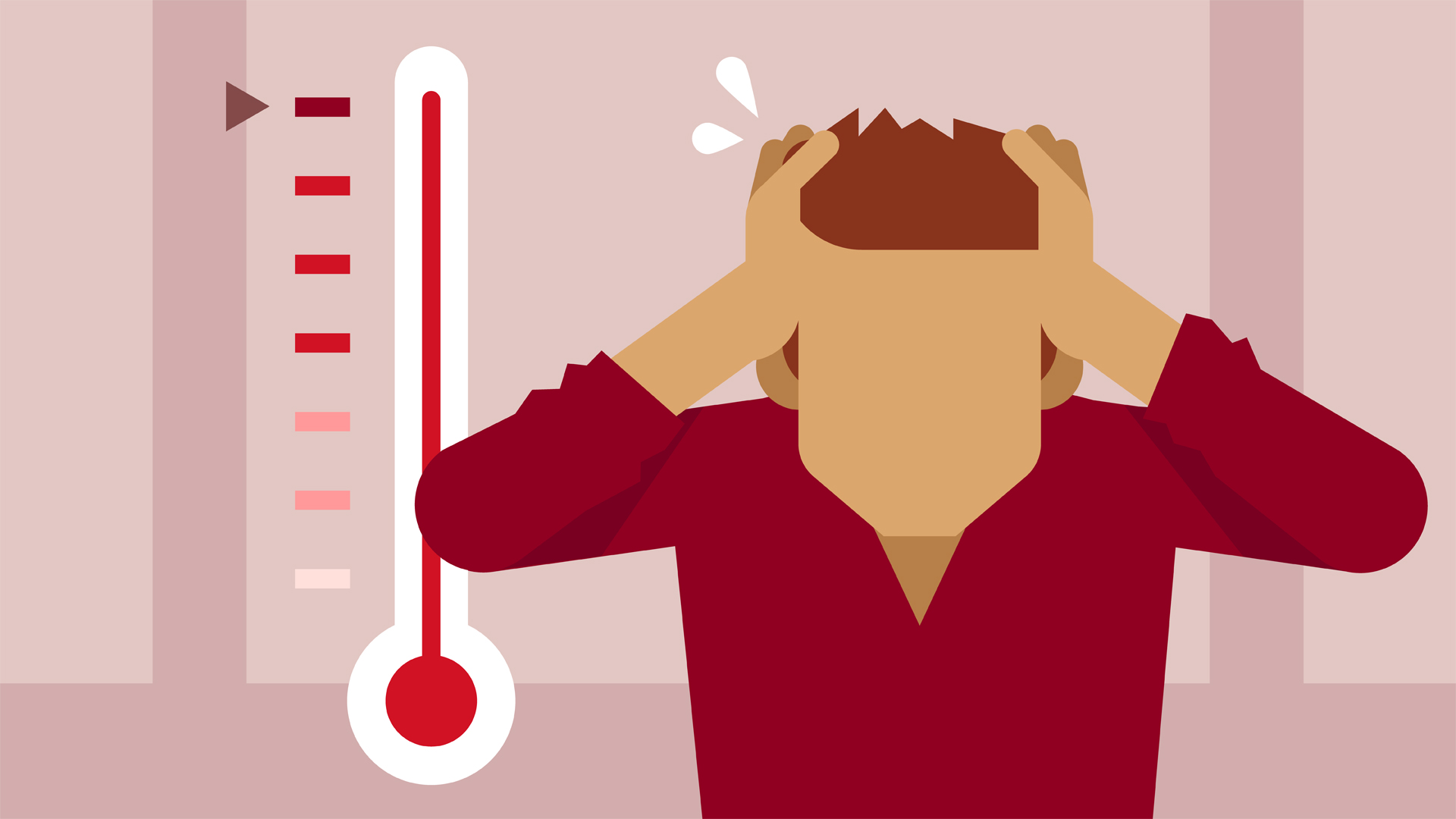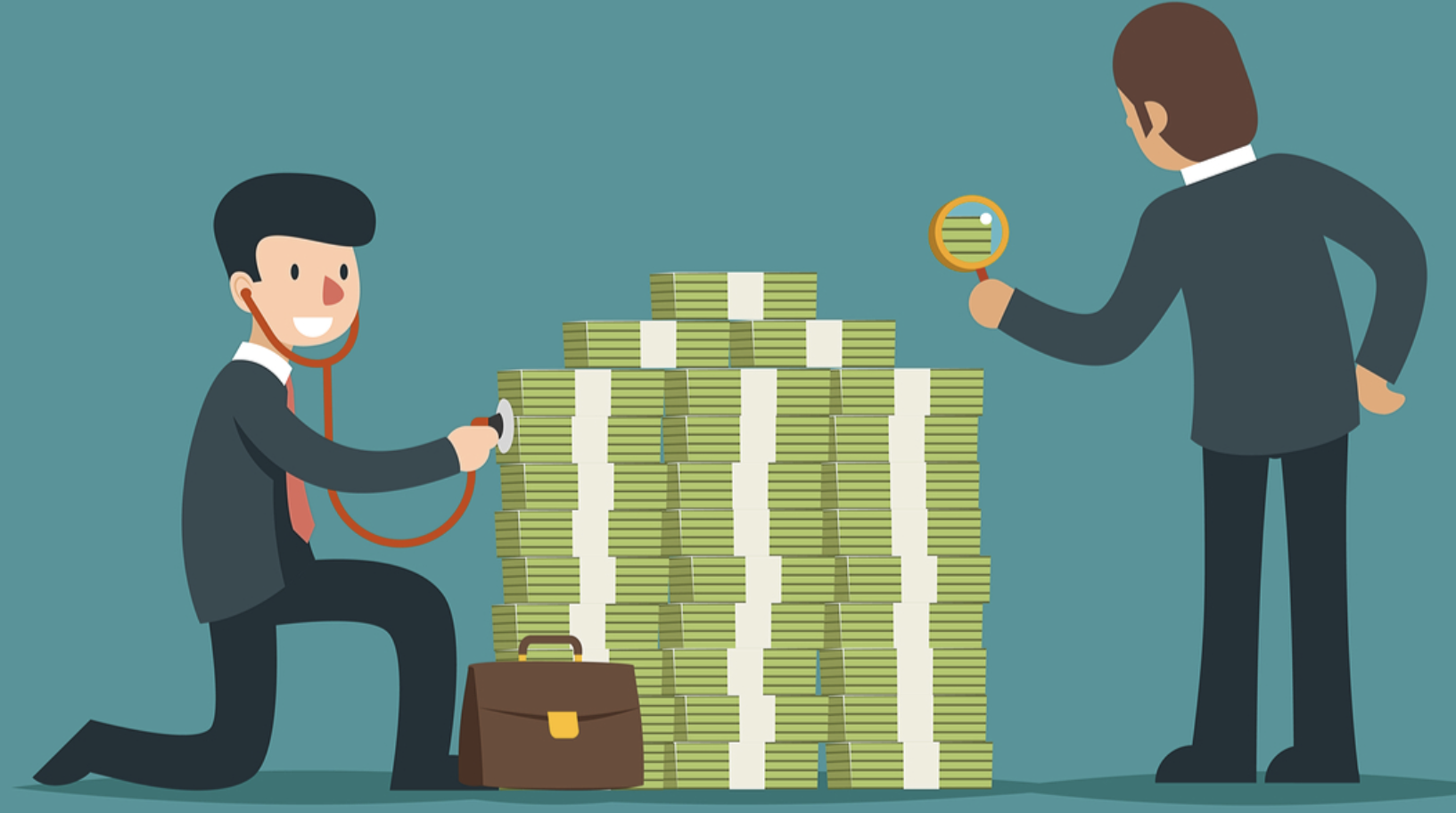The Corona pandemic affected the entire global economy, as this led to a series of closures in all sectors and establishments, which in turn led to people losing their jobs and entering the economy in a state of recession, so it was frightening for a while because everyone no longer had any money to spend to buy supplies. Life and its necessities, everyone has been idle from work and there is no salary to buy food and drink to survive, and certainly this required governments to intervene quickly, to address the state of recession and provide supportive liquidity through a series of economic measures with huge sums in most countries of the world, both poor and rich, and these measures were They are identical in many countries regardless of the amounts allocated for economic measures, and at the forefront of these measures were the central banks with their monetary tools and policies, and the finance ministries with their financial tools and policies working side by side to achieve certain goals in the economy with different tools, and therefore, due to the importance of fiscal policy, this article will explain the most important items related to with it.
What is meant by “fiscal policy”?
When looking at the definitions of fiscal policy, we see that they are all very similar, and they all revolve around the decisions or procedures and measures that are taken by governments or what they represent, such as the Ministry of Finance, to influence the economy, especially on macroeconomic conditions such as unemployment, inflation, recession, economic growth, and others, through manipulating government spending levels and tax allocations and rates. These decisions are taken after a comprehensive, deep, and accurate study of the state’s economy in order to reach a specific goal in the economy, the most important of which is achieving economic stability.
What are the fiscal policy tools?
The Ministry of Finance, on behalf of the government, controls the fiscal policy as it implements it and sets a plan for it, and this is done through specific tools that are specific to the Ministry of Finance, and the following is a breakdown of these tools:
Taxes
Taxes are of great importance in fiscal policy because changes in tax levels and rates directly affect the average income of consumers, which plays a major role in changing the consumption rates of these people, leading to changes in the country’s gross domestic product, of which consumption is one of the items. in the form of taxes on the government’s performance of its functions, whether direct or indirect, which are imposed on individuals, institutions, commodities, merchandise, etc., and the government can influence the economy through taxes in several ways, such as raising or lowering marginal tax rates, eliminating taxes completely, or making the necessary amendments to tax rules and laws.
Government spending
Government spending acquires its importance as a tool of fiscal policy because of its impact on the economy as represented by the real gross domestic product, and when adjusting government spending, the government can influence the entire economy or a specific part of it. Not only that, but it also has a significant impact on the companies that deal with it. government and imports government equipment, goods, services, etc., and government spending includes social welfare programs such as social security and government salaries that are spent on state employees, in addition to subsidies that are obtained by a specific segment of society and expenditures that are made on the state’s infrastructure to establish and develop it. Government spending is used as a tool of fiscal policy to pay money to certain sectors that need an economic boost to carry out their tasks, recover from a specific problem, or stimulate them, and therefore the government hopes that this spending will encourage people to increase their consumption to support the growth of the country’s gross domestic product.
What are the types of fiscal policy?
There are two types of fiscal policy, expansionary fiscal policy and contractionary fiscal policy, and they will be explained as follows:
Expansionary Policies
This type of policy is used in cases of economic recession and recession, when unemployment rates increase and a slowdown in economic growth occurs, and it is called expansionary because it requires the government to expand spending more money and reduce taxes or both, and this type of fiscal policy aims to put more money in the hands of consumers so that they spend more and stimulate the economy to grow to ensure that consumers’ purchasing power is not weakened. More precisely, the goal of expansionary fiscal policy is to boost aggregate demand in cases where private demand declines.
Taxes
As for taxes, when the government reduces its rates, it provides more money for individuals to spend. In this case, they pay less taxes than before, so they increase investment and spending, which contributes to increasing demand, and this demand leads companies to hire more workers to meet the demand for goods and services. This results in lower unemployment, higher wages, and more money for consumers to spend and invest.
Spending
As for spending, it follows the same principle. When the government increases its spending on individuals through direct spending such as subsidies, unemployment allowances, retirement salaries, etc., this will increase the amount of money among consumers, whom the government hopes will increase spending and thus increase consumption and stimulate the economy, or through unauthorized spending. directly on individuals by increasing the support and purchase of local commodities so that companies can earn more profits, employ more people, reduce unemployment rates, increase wages, and finally increase the gross domestic product.
Contractionary Policies
In some cases, this type of fiscal policy is used to slow economic growth, resulting in higher inflation and higher prices.growth in order to restore balance to the economic cycle and achieve stability in the economy.
Taxes
With regard to taxes, the government increases tax rates, reduces investments, increases the prices of some commodities, and reduces the net income of consumers, which ultimately leads to a common goal of reducing consumption to slow growth rates, achieving balance in the economic cycle, and dealing with high inflation cases.
Spending
The same applies to spending, and this case is characterized by the existence of a surplus in government budgets due to the government’s reduction of public spending, directly or indirectly, to reduce the money that goes to individuals who consume, in order to reduce consumption and thus slow down the growth of GDP.
What are the objectives of fiscal policy?
The fiscal policy aims at the following:
- Economic stability.
- Price stability.
- Full employment.
- Optimal allocation of resources.
- Accelerate the rate of economic development.
- Investment encouragement.
- Capital formation and growth.

What is the importance of fiscal policy?
There are many things that make fiscal policy important to the economy, and here are some of them:
- Fiscal policy is an essential and integral part of the economic framework and plays a major and important role in raising the rate of capital formation in both the public and private sectors.
- Fiscal policy helps mobilize resources to finance investment projects in the country, and government spending is a tool of fiscal policy, and this spending is done on economic development activities such as spending on railways and infrastructure such as bridges, tunnels, streets, airports, trains, etc., in addition to spending on non-development activities such as spending on subsidies, unemployment allowances, government salaries, and pensions, which will contribute to providing incentives for the private sector to expand its activities.
- Fiscal policy achieves its goal of reducing the gap in income and wealth between the classes of society. In addition to imposing higher taxes on luxury and semi-luxury goods than on necessary consumer goods, income tax is imposed on all individuals who receive salaries directly with their income.With this step, the money is transferred from those with great wealth through taxes and spent on those with low incomes.
- Prudent fiscal policy controls inflation rates and stabilizes prices.
- The fiscal policy plan is based on achieving balanced regional development in all regions of the country to ensure competition between all cities and the absence of disparities among cities in the same country.
- Fiscal policy reduces the deficit that can occur in the trade balance of payments.
Read also: What are the components of the income statement?



